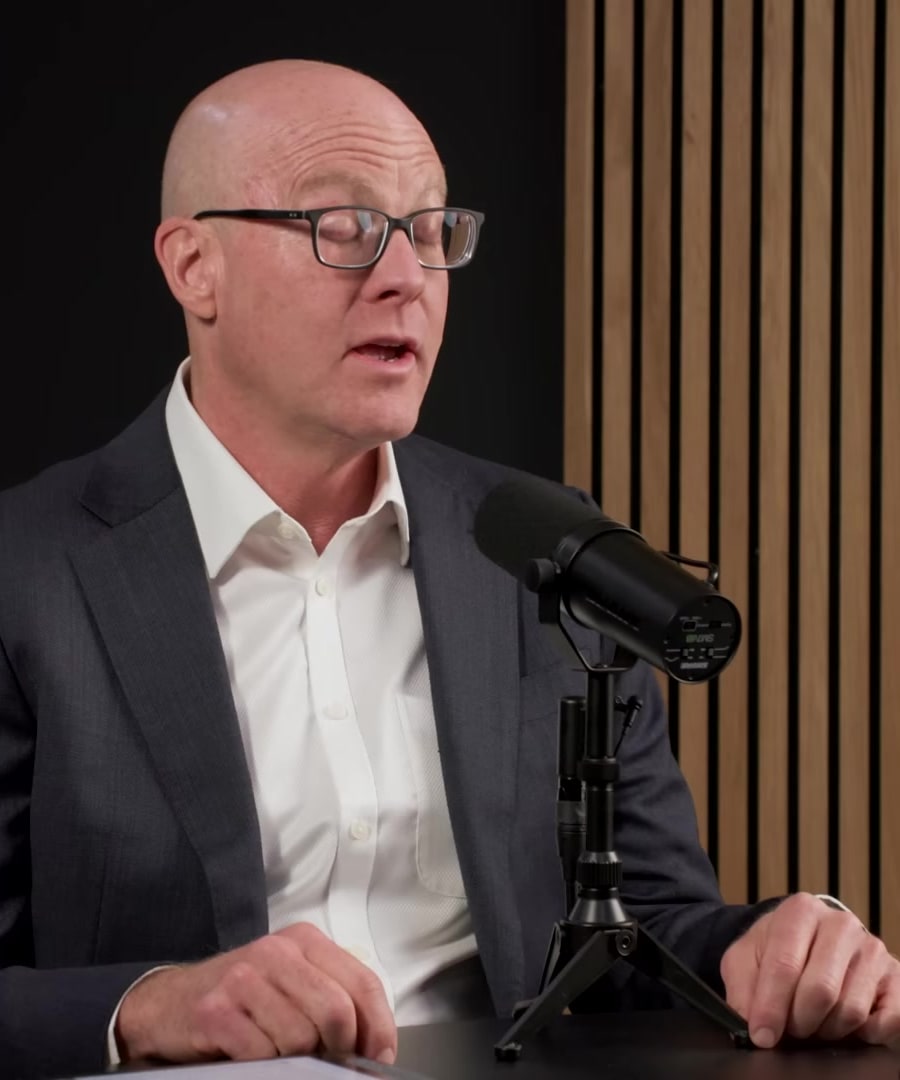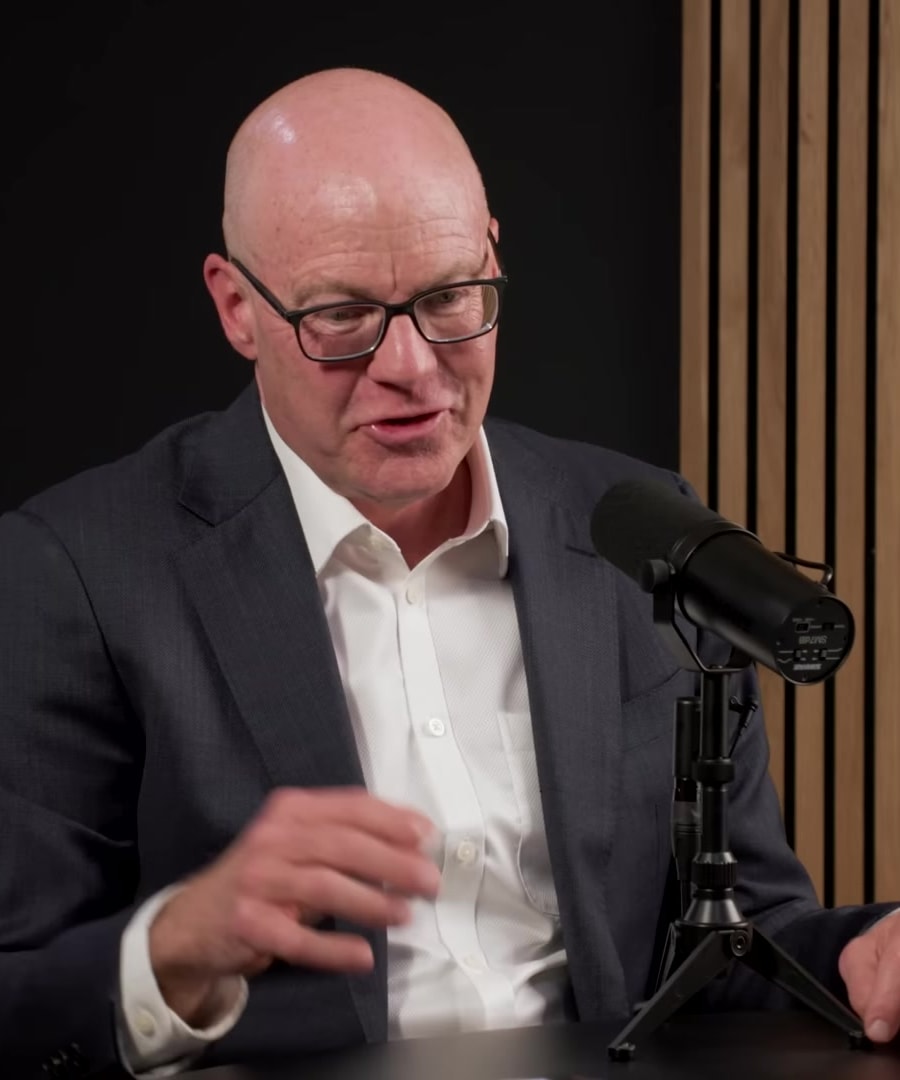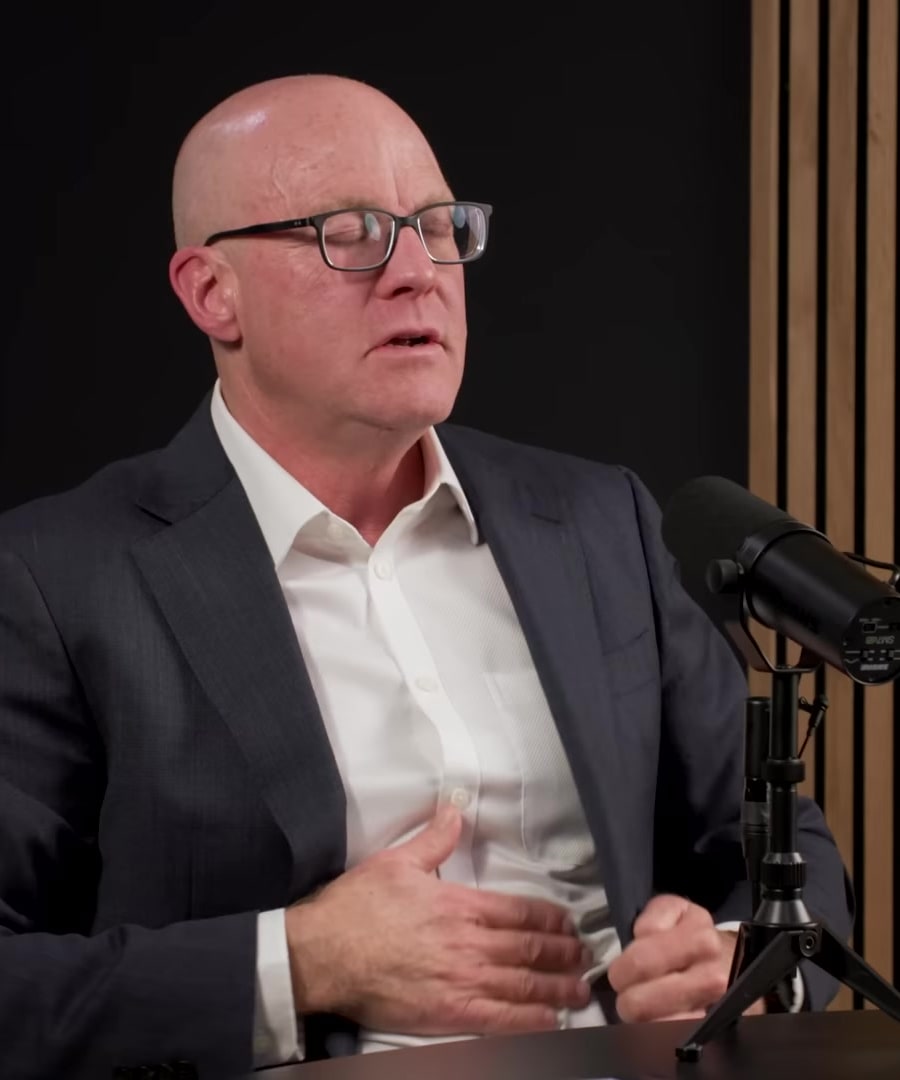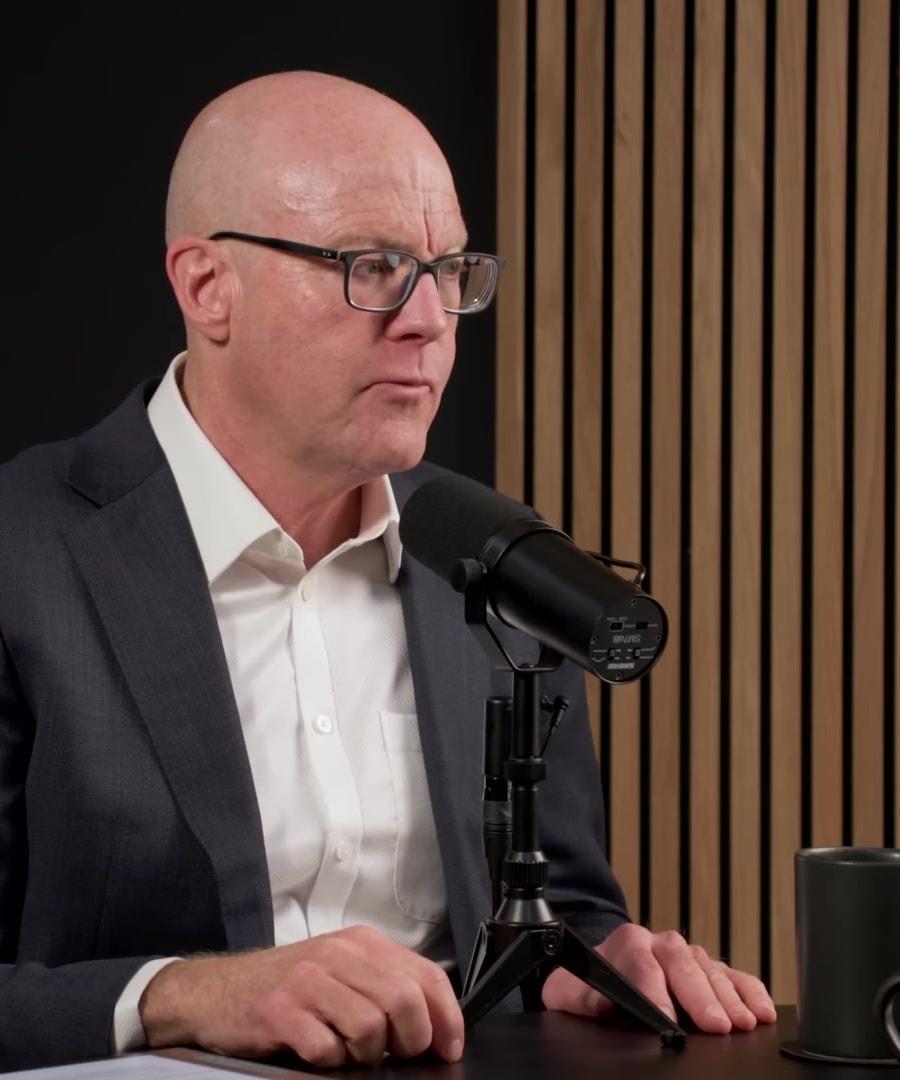Summarize the episode Dr. Sean Mackey: Tools to Reduce & Manage Pain
Sources:
The episode titled "Dr. Sean Mackey: Tools to Reduce & Manage Pain" features , who is the Chief of Pain Medicine at Stanford University, discussing with a wide array of topics related to pain. They delve into the nature of pain, its physiological and psychological aspects, and various approaches to managing it.
Here are some key points from the episode:
- Pain is an intricate and subjective experience, serving a protective role but becoming a major problem when chronic, affecting millions and costing society greatly 1.
- Dr. Mackey explains that pain signals begin as stimuli detected by nociceptors. They are transmitted to the brain where they blend with emotions and cognition to create the unique experience of pain 2.
- There's an emphasis on the difference between hurt and harm, highlighting the complexity of treating pain.
- Issues related to the gut's role in pain are discussed, with Dr. Mackey mentioning that gut infections can alter the genetic expression and potentially sensitize individuals to food antigens 3.
- They explore the mystery of visceral pain and its perception, demonstrating how pain in one area can manifest in another due to nerve fiber convergence within the spinal cord 4.
- The importance of pacing in physical therapy is discussed, advocating for gradual and consistent progress in managing and rehabilitating pain 5.
The conversation is multidisciplinary, touching on the interplay between physical sensations, emotional states, and potential treatments ranging from medication to lifestyle changes. They aim to provide a deeper understanding of pain and empower individuals with strategies to manage it.
RELATED QUESTIONS
Summarize the episode Dr. Sean Mackey: Tools to Reduce & Manage Pain
- RELATED QUESTIONS




